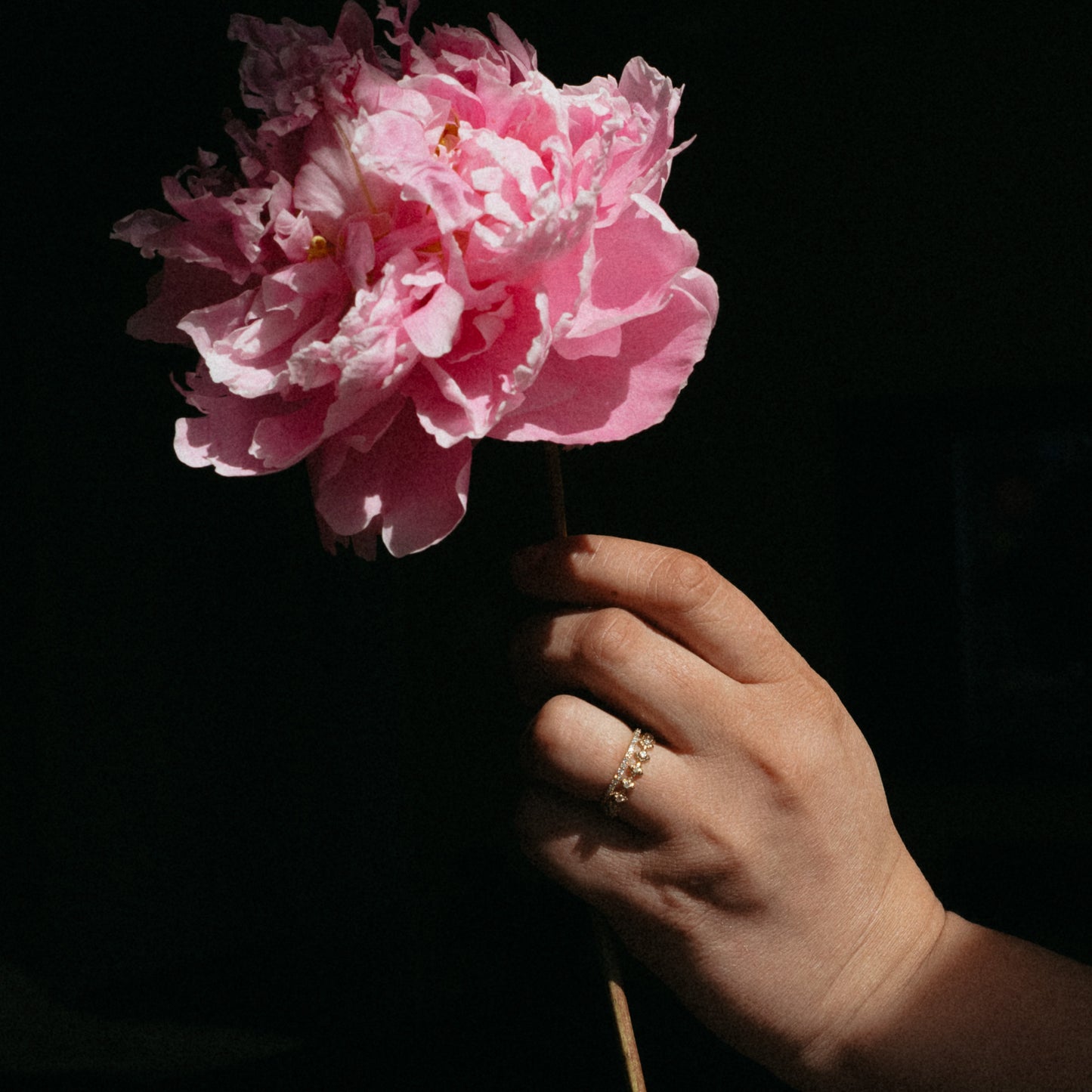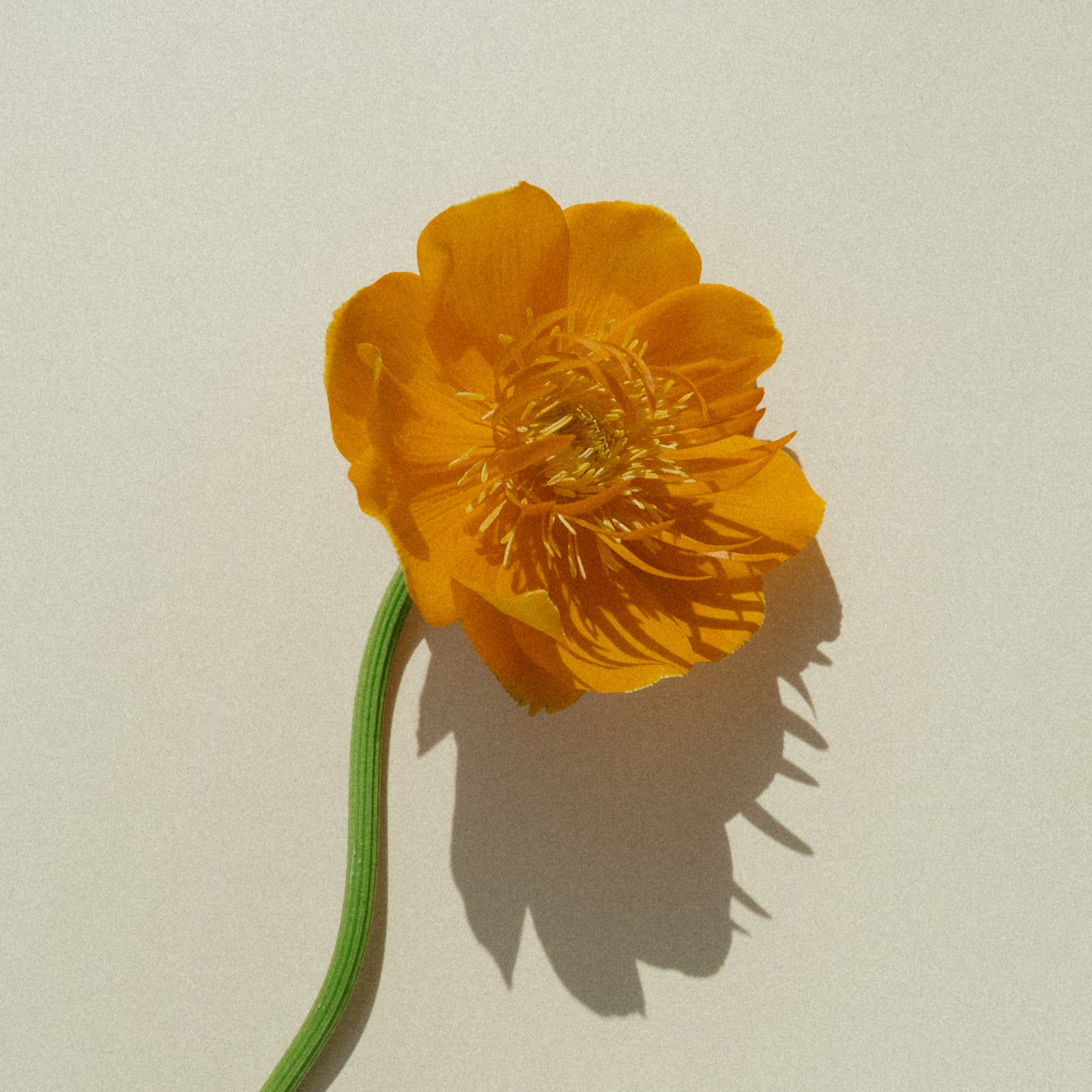“You will miss me when I’m dead, mija.” Many of us grew up in households where our mothers or abuelas might have uttered this sentence to us in response to teenage angst or disobedience. In Latin American culture, it seems like most of usl were raised in homes where death was constantly brought up as casually as the day’s activities. Whether it was through the direct loss of loved ones or individual spiritual practices, death in Latin America is conceived as an event that happens as part of the life cycle. An event that doesn’t mark the end of someone’s life, but rather part of the human experience.
As Dia de los Muertos has become so popular and commercialized, it is the most common cultural event that some may link to the Latine culture. While we love the vibrant colors of sugar skulls, and the images of loved ones adorning ofrendas, the celebration marks just one practice in a sea of many Latin American countries.
Death in Latin America has a special place in our lives, one that starts from birth and continues until we meet our own end. From childhood, we are taught that death is a normal experience and is one honored by celebrating those that have passed before us. The practice of celebrating the lives of those who have passed comes from pre-Hispanic practices including making laborious meals and adding the deceased person’s favorite items to their burial. Many believed that including these items would give the loved one an easier transition into the afterlife.
Once Catholicism made its way into Latin America, cultures were merged and for many, November 1st, All Saints Day, and November 2nd, All Souls Day became the day to celebrate all of those who are no longer in their lives. The role of Catholicism also plays a huge role in the passing of a loved one. Because many of us growing up in Latin American culture tend to view death as the passage into an assumed afterlife where we will be judged on our character based on our actions in life, many will pray a 12-day devotional called a novenario. The novenario period includes long prayers that are meant to be an intercession on behalf of the deceased individual so that they may enter their final resting place.
Overall, the concept of death in Latin America is a different experience for each country. I remember when a friend of mine was shocked at hearing that Latines discuss death so nonchalantly, as she viewed death as a sad topic not to be brought up out of fear of inviting it. While it is a natural next step after fulfilling our purpose in life to some, for other cultures it is seen as the complete end of someone’s existence. Death has a real presence in our lives, as it is very present even in our everyday vocabulary and conversations. Think about the last time you were met with the casual “si dios quiere” in response to “see you later” or how often your mom might have reminded you that you’d miss her dearly the day she wasn’t around.
There are many similarities in how we honor those who have passed in our Latine community, but the events we participate in are a direct testament to how our communities are shifting, proving we are not a monolith. My own Puerto Rican upbringing consisted of the aforementioned Catholic beliefs, and Dia de los Muertos is confusing for many people on the island. While to me the concept of continuing to remember and respect loved ones that have passed, to many the idea of holding a colorful goodbye that might include food, music, and storytelling to remember those who have passed on might seem very foreign as opposed to quietly acknowledging their passing.
For many Latines, death is just as much a part of life as living is. For us, death exists to remind us to celebrate every moment we have alive - to be thankful for the days we’re given and fill them with as much joy and meaning as possible. This explains a lot in regards to Latine culture and how though we’re normally taught the value of hard work, you also have to take time for family and cherish those around you while you still have them. Death, in many ways, drives the strong familial ties Latines have, and how we are taught from a young age to always act in service of our community.
Death in Latin America might seem complicated to some, but to us it is another reminder to build a truly joyous life for yourself - you only have one, after all.





